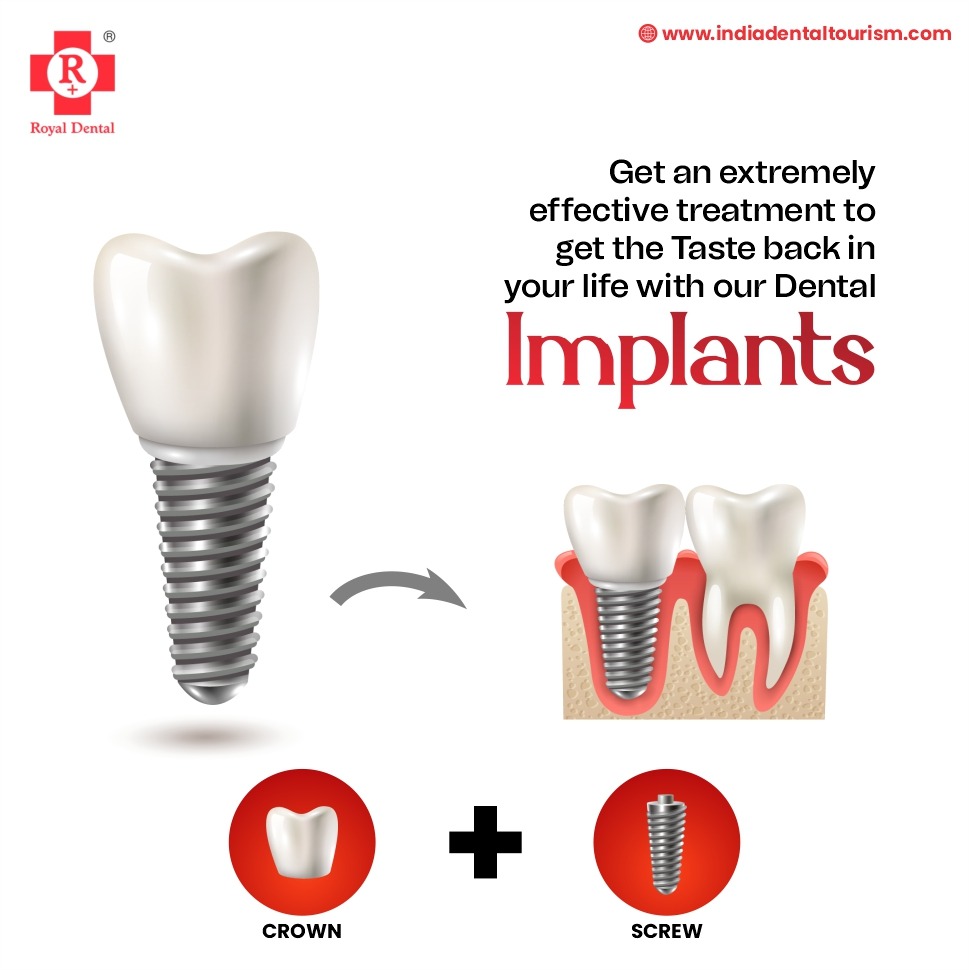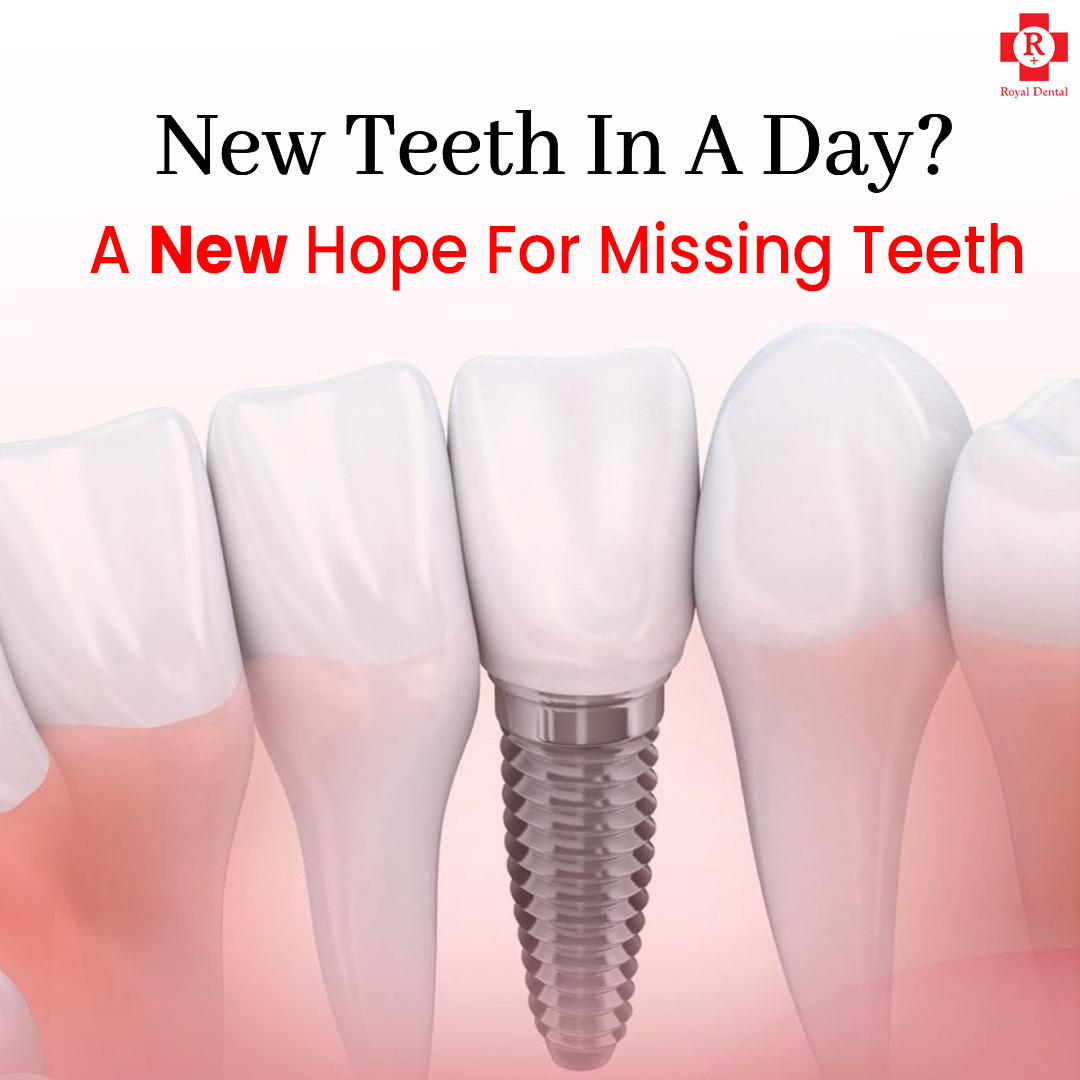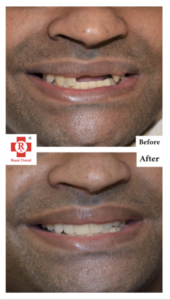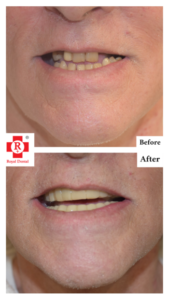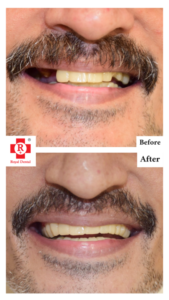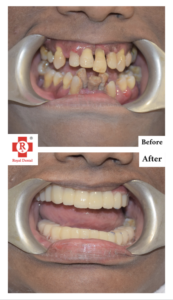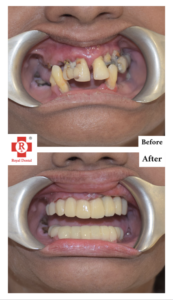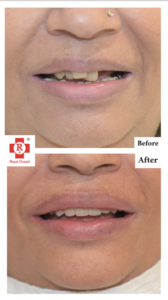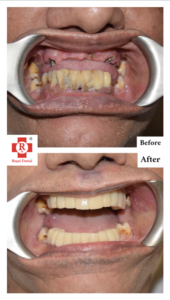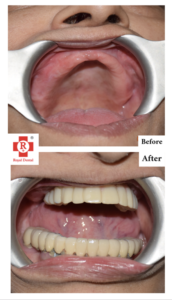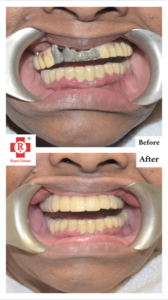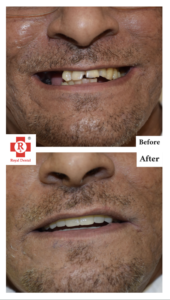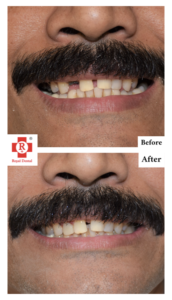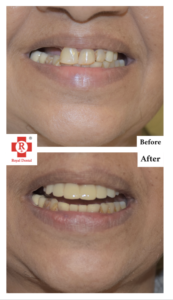Dental implants are comfortably fixed and you don’t have to think about them! Dental implants, if properly cared for, can last many years. The zygomatic implant cost in India depends on the implant type and the dentist’s fee. A custom dental implant may be higher when compared with many implant brands in the market. The treatment by itself and the complexity of the patient treatment plays a vital role in the determination of the cost of dental implants.
They provide a stable fit that improves appearance, speech, comfort, and the ability to chew and enjoy food. Many people regret losing some of their teeth. In the past, conventional dentistry has only sometimes provided an acceptable replacement for these lost teeth until now. Removable denture plates, partials, and bridges have always been a compromise when replacing lost teeth.
A dental implant is one of the latest solutions that give the patient a new root system and tooth. The implant portion is actually a titanium post that is inserted into the bone. This makes it superior to other solutions like removable dentures or a dental bridge.


